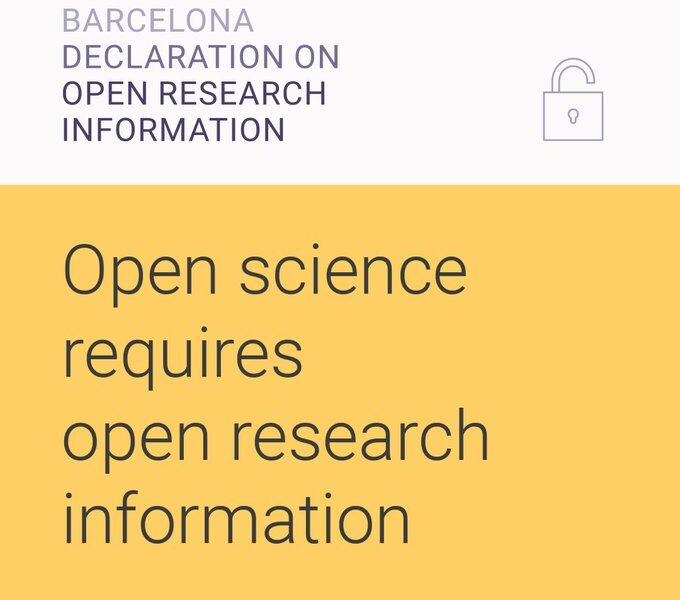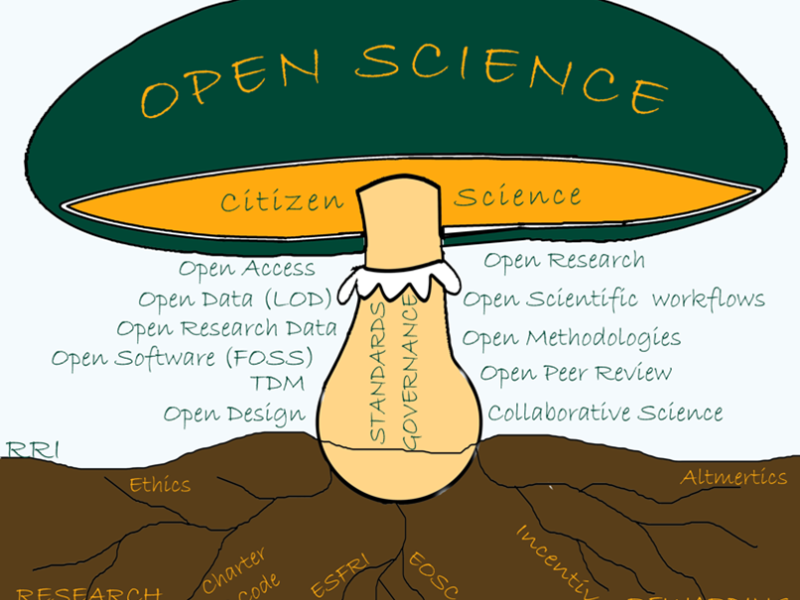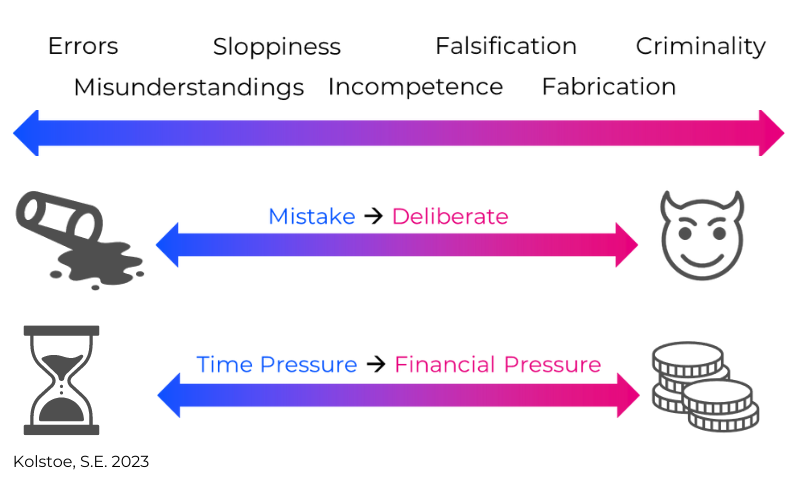History of Open Science
History of Open Science https://opusproject.eu/wp-content/uploads/2023/05/pexels-suzy-hazelwood-1172018.jpg 1 1 Open and Universal Science (OPUS) Project Open and Universal Science (OPUS) Project https://opusproject.eu/wp-content/uploads/2023/05/pexels-suzy-hazelwood-1172018.jpg
Open science is a term used to describe a movement that seeks to make scientific research more accessible, transparent, and collaborative. It has its roots in the early days of modern science, but the term “open science” did not gain widespread use until the late 20th century. In this article, we will explore the history of open science and how it has evolved over time.
The Early Days of Modern Science
The origins of open science can be traced back to the early days of modern science in the 17th century. During this time, scientists such as Galileo Galilei and Robert Boyle were conducting experiments and making discoveries that laid the foundation for modern scientific research. These scientists often shared their findings with other scientists and the public, and their work helped to create a culture of openness and collaboration in the scientific community.
The Rise of Scientific Journals
In the 18th and 19th centuries, the publication of scientific journals became more widespread. These journals provided a platform for scientists to share their research with a wider audience, and they helped to establish a peer-review system that allowed other scientists to evaluate and critique their work. However, access to these journals was often limited to a small group of scholars and institutions, and they were often prohibitively expensive for individual researchers.
The Open Access Movement
In the late 20th century, the rise of the internet led to new opportunities for open science. The open access movement emerged in the early 2000s as a response to the high cost of scientific journals and the growing demand for more open and transparent research practices. Open access journals provide free and unrestricted access to scientific research, allowing anyone to read, download, and distribute scientific articles.
The Open Science Movement
In recent years, the open access movement has given rise to a broader open science movement that seeks to make all aspects of scientific research more transparent and collaborative. Open science advocates argue that scientific research should be freely accessible to everyone, and that scientific data and methods should be openly shared to facilitate collaboration and reproducibility.
Open science initiatives include open data, which involves making research data available to others; open peer review, which involves making the peer review process transparent and collaborative; and open education, which involves making educational resources and materials freely available to anyone.
The Future of Open Science
The open science movement is still in its early stages, and there is much work to be done to make scientific research more accessible and collaborative. However, there are many signs that the movement is gaining momentum. Open access journals are becoming more common, and more and more scientific data is being made available to the public. There is also a growing awareness of the need for transparency and collaboration in scientific research, and many scientists and institutions are embracing open science practices.
The history of open science can be traced back to the early days of modern science, but the term “open science” did not gain widespread use until the late 20th century. The rise of the internet and the open access movement have given rise to a broader open science movement that seeks to make all aspects of scientific research more transparent and collaborative. While there is still much work to be done, the future of open science looks bright, and we can expect to see continued progress in the years ahead.
- Posted In:
- Open Science News




